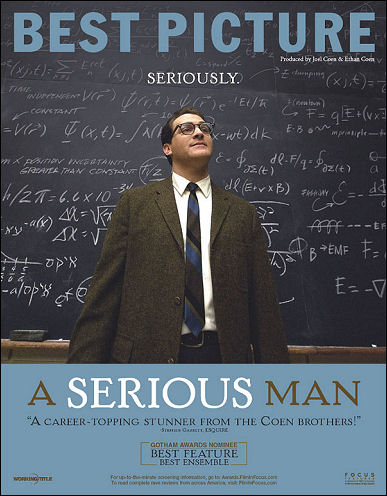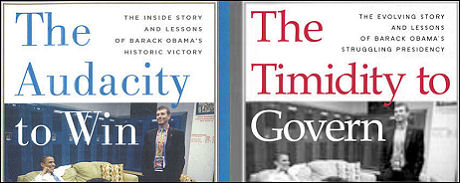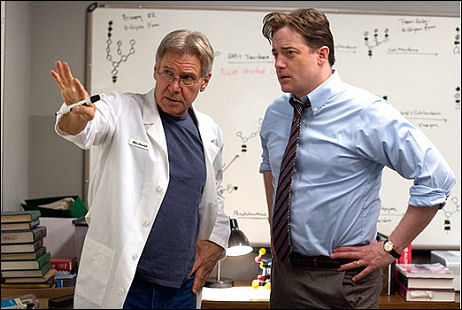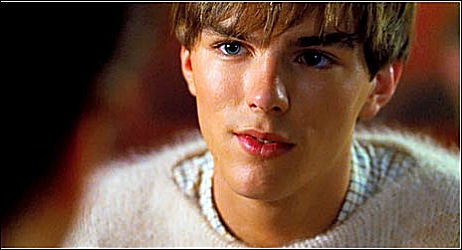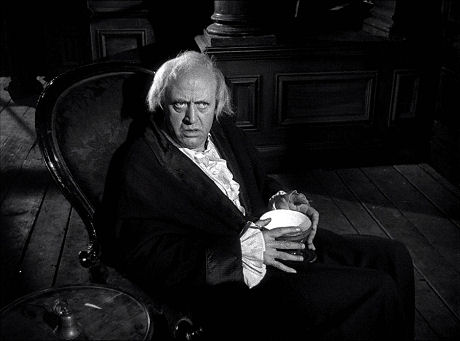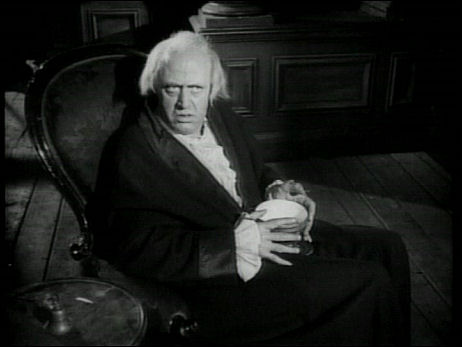A longtime HE reader who works in the broker/trading sector dropped a couple of riffs into the box this afternoon. One argues that Kristen Stewart‘s Twilight/New Moon character Bella Swan is a pathetic female role model (matched only by Sarah Jessica Parker‘s Carrie Bradshaw from Sex in the City); the other wonders why Hollywood still isn’t offering new movies on a day-and-date, pay-per-view basis.
1. “Here we are on the verge of another Twilight film, and the scary thing is that it’s entirely based on low self-esteem among young females. It’s essentially the story of the ordinary girl drifting through her boring life until she meets a ‘special guy’ who finally sees her inner beauty. Sure, he has some problems, but he loves her, right? Haven’t a million girls with low self-esteem had one bad relationship after another due to chasing guys who didn’t care who they hurt? Now we’re glorifying a girl who’s so desperate for a real connection that she’ll fall for a guy who might actually kill her? And this is romantic? As the father of two small girls, this scares the crap out of me.”
“The two worst famale role models on this planet are Bella from Twilight and Carrie Bradshaw. Both are so desperate for what they can’t have they’re either depressed about it or burying themselves in artificial baubles. Neither can have any sort of existence without a man, whatever kind of guy he might be. Chris Rock said his first goal is to keep his girls off the pole; keeping them away from this other crap should be goal #2.”
2. “I have to reiterate the fact that the industry is completely missing the boat on a major revenue stream. You have no idea how much I would love to see A Serious Man or The Hurt Locker or The Men Who Stare at Goats. But I just don’t have time to go to the theater. In this economy you have to work long hours to keep your job, and there are so many other things that need doing that I simply can’t take the time to go to theatres. One person after another I’ve spoken to about this says the same thing.
“The studios are losing so much money to piracy, and on so many dud films…. why oh why cant they deliver the good films first run to my house? I would totally pay $20 or $30 to see A Serious Man if I was able to watch it at home, even just one time. That’s the price of two tickets plus popcorn, right?”


